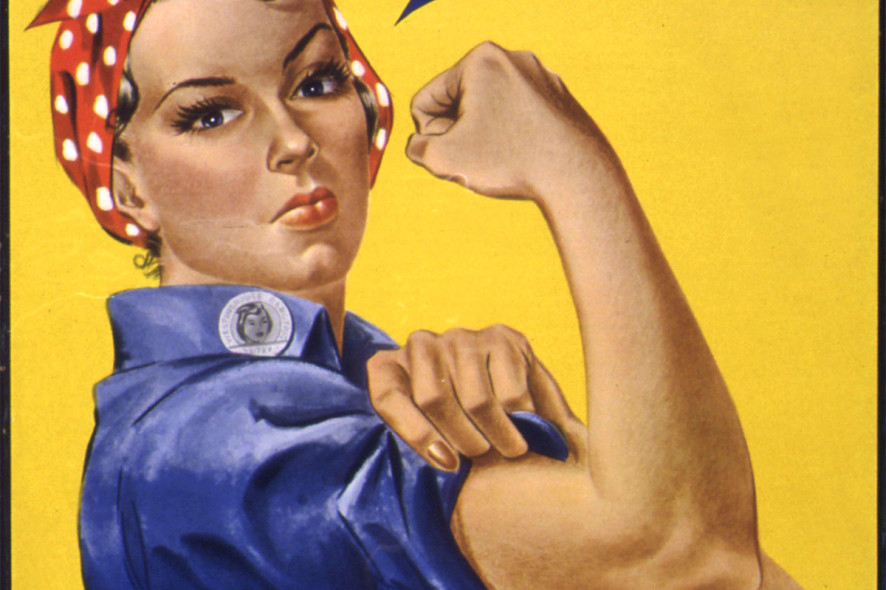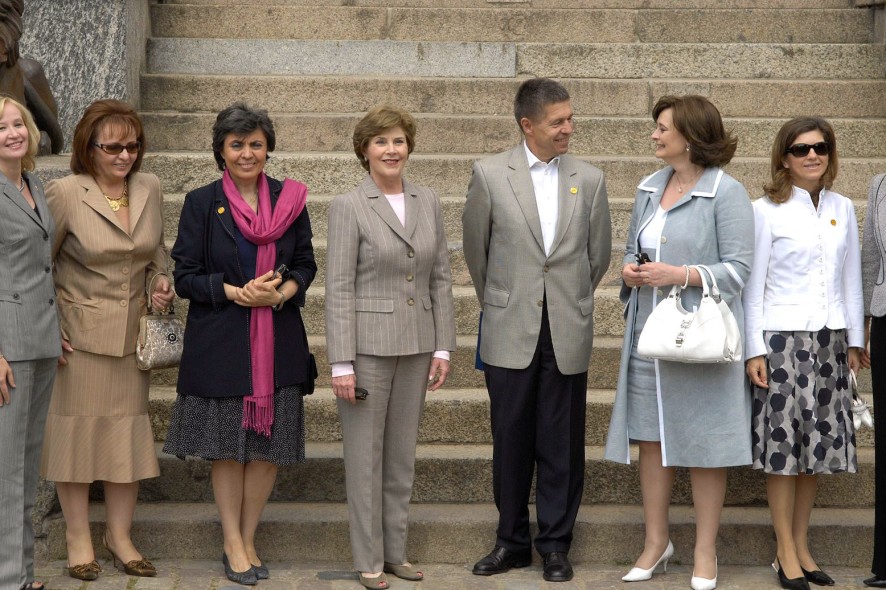Just early this year, the newly formed Women´s Equality Party emerged in the United Kingdom, founded by journalist Catherine Mayer and comedian Sandi Toksvig. It was inspired by the events at the Women of the World Festival in London this March where a consensus for the need of gender equality in society was reached. Since its official registration in June and the election of Sophie Walker as its leader, the party counts rising memberships and has already 67 branches around the country. Its main aim is as the party name states: equality.
This concept is split up into six core principles: equal representation in politics, the judiciary and businesses; equal education; equal pay; equal treatment for women in and by the media; equal parenting and an end to violence against women. These objectives are the focus for the party and are perceived as realistically achievable.
Catherine Mayer recently stated that the party does not aim to run the country or solve any complex international issues. Rather it aims to spark a mainstream political debate and to put those principles on the agenda of the country’s leading political parties. They do not provide a full range of policies on all issues instead choosing to keep a clear focus on equality for women. The Women´s Equality Party wants to increase awareness of women´s issues across the government. Prior to the formation of the Women´s Equality Party, similar strategies have been used by the Green Party and Ukip in their respective campaigns. By addressing specific issues and attracting voters from the mainstream parties, they had to take their subjects seriously.
Further, the party´s interim branch secretary for Bristol, Jessica Read, explained that women should not be seen as a special interest group and there should not be a need for a Women´s Equality Party to exist in the first place. The growing support enjoyed by the party reflects the ignorance of mainstream political parties that have failed to address gender equality seriously. On the political spectrum, the party places itself to be a neither right nor left-wing but non-partisan. It adopts a unique approach towards its members, as it encourages anyone complying with the six core principles to join – irrespective of an existing association with another party.
Their first official act was a call for quotas of a 50-50 gender balance to reach equal representation in the House of Commons by 2025. Currently, the UK parliament consists of 649 MP’s, 72% (458) are men and less than a third (191) are women. Sophie Walker says that she is well aware that quotas are a quick fix. But how effective are quotas?
Generally, quotas as a political means are disputed. Some women fear that it is a means of acquiring power based on a mandated policy and not on professional skills or experience. Nonetheless, the party claims that a system close to equal power distribution is not yet in place and quotas can speed up that process immensely.
However, the party had to endure some criticism. Particularly in terms of economic equality, it is accused of only representing middle-class white women’s interests. There are economic factors that have an effect on women´s lives other than the gender pay gap. Women of colour and transsexual women face severe difficulties in the economic sector, such as lower rates of pay and higher unemployment rates compared to white men and women.
Also social class can be a factor as a majority of the lowest social class are women. They would suffer most from the tax credit cuts in the proposed government benefit reforms. This was not sufficiently addressed by the party. Jessica Read acknowledges the importance of addressing these issues more and declares that the Women´s Equality Party can only be successful if it includes all women. She also refers to the fact that after all, the party is still in its baby steps.
In the near future, the party prepares to participate in the elections for the devolved assemblies and local councils during Spring next year. This could increase the pressure for main parties to take the Women´s Equality Party agenda more sincerely into account. In the long run, it would be ideal if there would be no reason for the party to exist. The party leaders hope to dissolve the party in 2020 as it would mean that equality for women has been installed. Only time will tell us, if the Women´s Equality Party can achieve that goal.
Image taken from Flickr, by DonkeyHotey.





